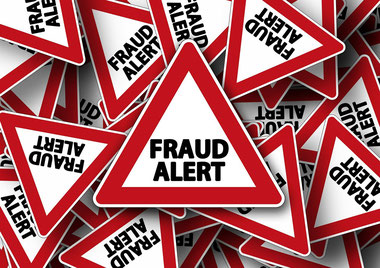CRIMES AND CIVIL WRONGS OF FORGERY AFTER THE DECREE No 7/2016

The abrogation of the offenses of forgery by the Legislative Decree. N. 7/2016 (see the short comment) covers only private documents and writings, without prejudice for the cases of criminal liability provided for in Art. 487 et seq. c.p. with reference to public officers or public acts (this also applies, for example, to electronic documents, as provided by art. 491 bis of c.p.).
Art. 490 c.p. has been also reformulated so that the first part of the rule concerning the destruction or concealment of true public documents remains unchanged, while the reference to private documents and writings has been greatly reduced: the rule of Law, in its current wording, concerns only the holograph testament, the promissory note and any other credit instrument transmissible by endorsement.
With regard to these documents (which are treated as public documents for the present purposes), the existence of the crime also requires the specific intent of the acting subject to gain an advantage (for himself or others) or to cause damage to others: in this sense, it has been also rewritten art. 491 c.p., first paragraph, concerning precisely the forgery in holograph testament, promissory note and negotiable instruments.
In this regard, it is worth remembering that even under the new art. 491 c.p., in the event of counterfeiting or alteration of such acts, those who use it, without having taken part in falsehood, is subject to the penalty established in the art. 489 c.p. for the use of false public document.
The offenses under art. 490 and 491 c.p., when related to promissory note or any other credit instrument transmissible by endorsement, are punishable only if the victim files the charge. The same facts are punished ex officio if they concern a holographic will.
The new torts of forgery, introduced by the same Legislative Decree, are punished with civil penalty from € 200.00 to € 12,000.00. According to the new regulation, it shall be punished:
a) who, using (or allowing others to use) a private document he falsely made or altered, causes damage to others. Additions falsely affixed to a true deed after it was finally formed are also consideration alterations;
b) who abuse of a signed blank sheet which he had for a reason that allows or requires him to fill it, writes a private act leading to legal effects different from the one he was actually permitted or required, if the use of such act has the effect to damage others;
c) who commits a forgery different to those one mentioned in letter b) on a private document or writing, causes damage to others;
d) who, without having taken part in the forgery, uses a false private document or writing, causing damage to others;
e) who, destroying or concealing all or part of a private agreement true, causes damage to others;
By express provision, the reference must be referred also to private electronic documents having probative value, originals and authentic copies of these documents (when required by law take the place of missing originals). It is also considered as a signed blank sheet any sheet in which the subscriber has left a blank space to be filled.
Como, 11 February 2016


